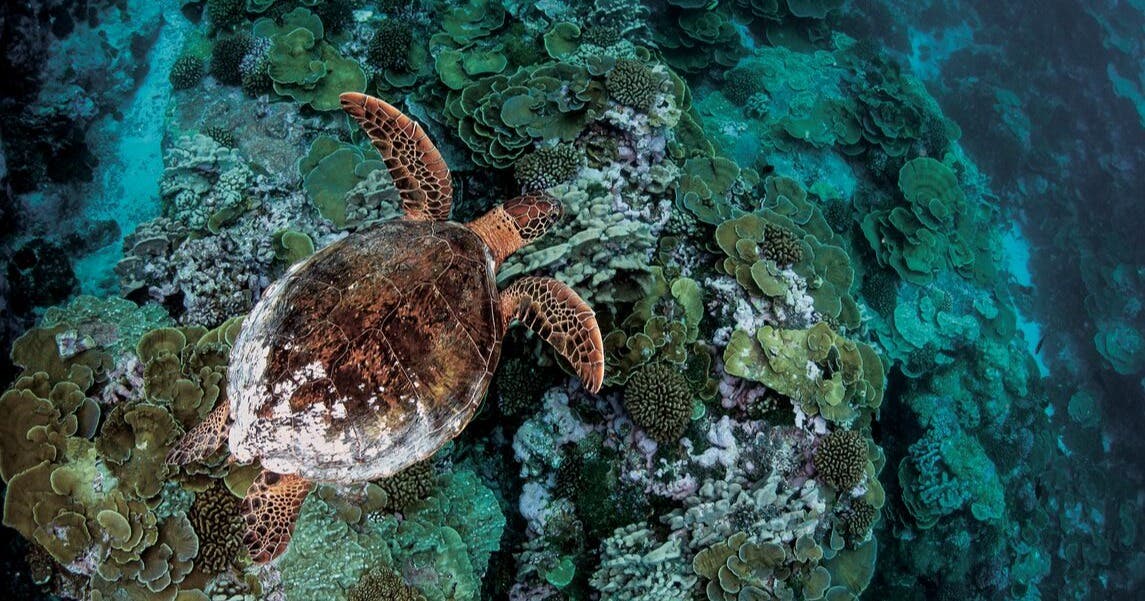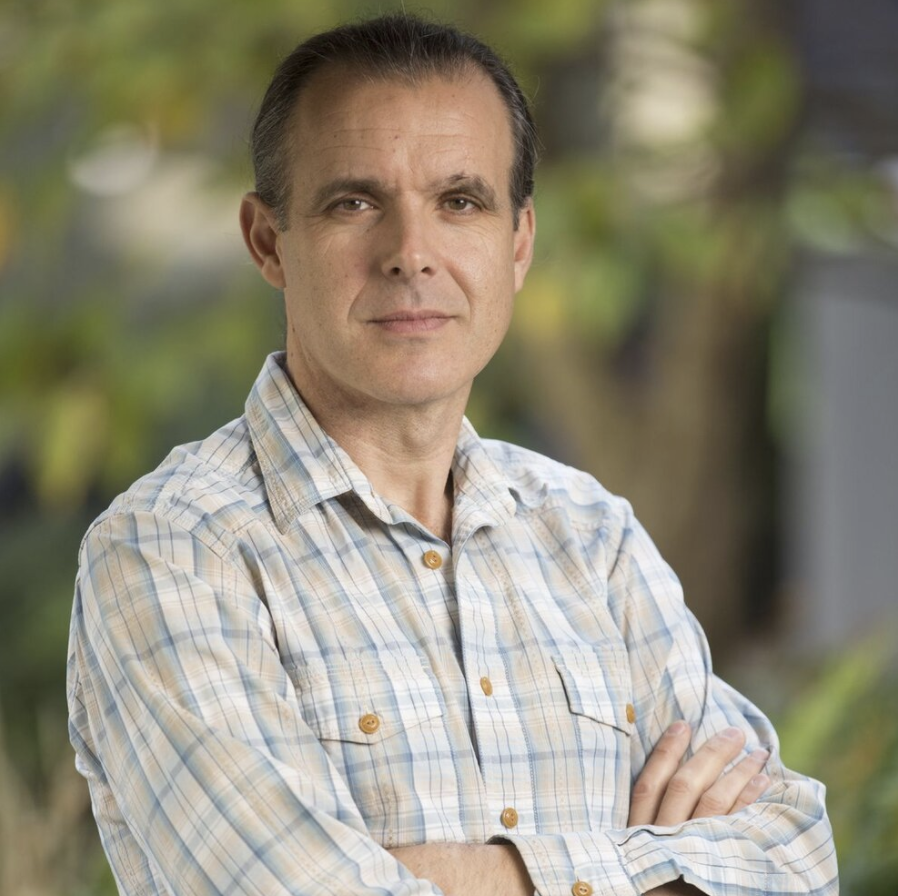I think of the ocean continuously, and agonize when I see marine life disappear – knowing that most marine life is disappearing without us seeing it. But I cannot stop fighting because I have seen the ocean bounce back when we give it a chance. I have seen fishes, lobsters, and entire underwater forests come back – spectacularly – when we give them space.
“The ocean has been my passion since I was young. I used to dream of being Jacques Cousteau, exploring the seven seas with my team,” said internationally renowned marine ecologist Enric Sala. In many ways, he is living that dream. Enric is the founder of National Geographic’s Pristine Seas program, which helps to protect and restore the most biologically important marine areas in the world. By sharing the immense wonder of what lies beneath the surface with world leaders, Pristine Seas has helped to secure the protection of 6.5 million square kilometers of ocean, which means that these ecosystems must be left alone to recover and thrive.
Enric grew up near the northeastern coast of Spain, earning a degree in biology from the University of Barcelona and his PhD in ecology from the University of Aix-Marseille in France. He moved to the U.S. to become a professor, a role he remained in until a stark realization hit him: “What I was doing was simply writing the obituary of the ocean. I felt like the doctor who was telling the patient how she was going to die, but not offering a solution.”
That’s when he brought his plan to National Geographic and created Pristine Seas. Since then, he has gone on not only to convince world leaders to protect key marine areas, but also to make numerous documentaries taking viewers from the Galápagos to Mexico to Russia to Gabon. Enric also appeared in National Geographic’s climate change documentary Before the Flood with Leonardo DiCaprio in 2016.
“I’ve spent my entire life studying natural ecosystems in places both pristine and degraded, and have worked for 30 years to help save what’s left,” said Enric, whose book, The Nature of Nature, was released in mid-2020. His book illustrates the many reasons why preserving the Earth’s biodiversity makes logical, emotional and economic sense. “Our life support system depends on all other species and intact natural spaces. Without them, everything falls out of balance. But nature is sustainable, resilient and regenerative. It’s time we get out of the way and let it work for us. If we understand the nature of nature, if we change our current trajectory, there is hope. “
Wild Facts
Pristine Seas helped secure protection for the waters of Southern Line Islands, Kiribati. These uninhabited islands harbor the most pristine coral reefs in the Pacific Ocean, with a huge abundance of fish including top predators such as sharks, as well as resilient coral communities.
Tristan da Cunha is the most remote inhabited archipelago in the world, and a U.K. Overseas Territory. This area hosts rich kelp forests, seabirds, marine mammals, and sharks. Pristine Seas supported the government’s efforts to make this the largest MPA in the Atlantic Ocean covering almost 700,000 square kilometers, an area the size of Texas.

